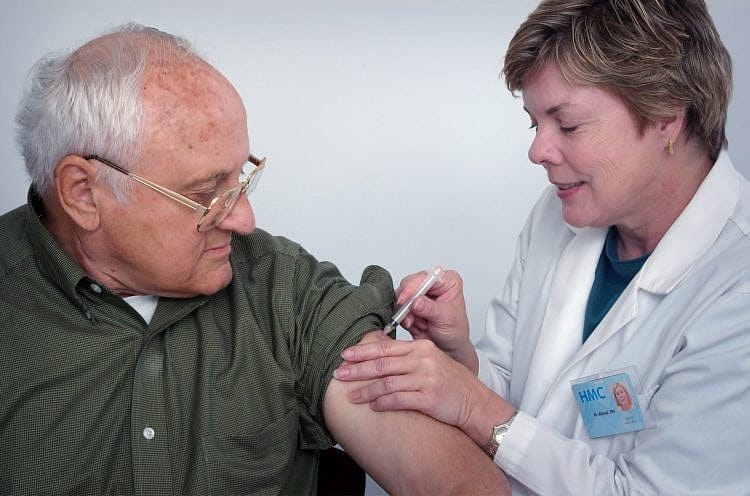College Coronavirus Vaccine Requirement A Terrible Idea, Opponents Say

Members of a legislative committee got an earful this week from opponents of a bill that would force community college students in Massachusetts to get vaccinated for coronavirus.
The bill, originally filed in May, may be moot, because state community colleges announced September 21 that they plan to require students to get vaccinated starting in January 2022. Four-year state colleges in Massachusetts are already requiring coronavirus vaccinations for in-person attendance on campus unless people qualify for a religious exemption or medical exemption.

